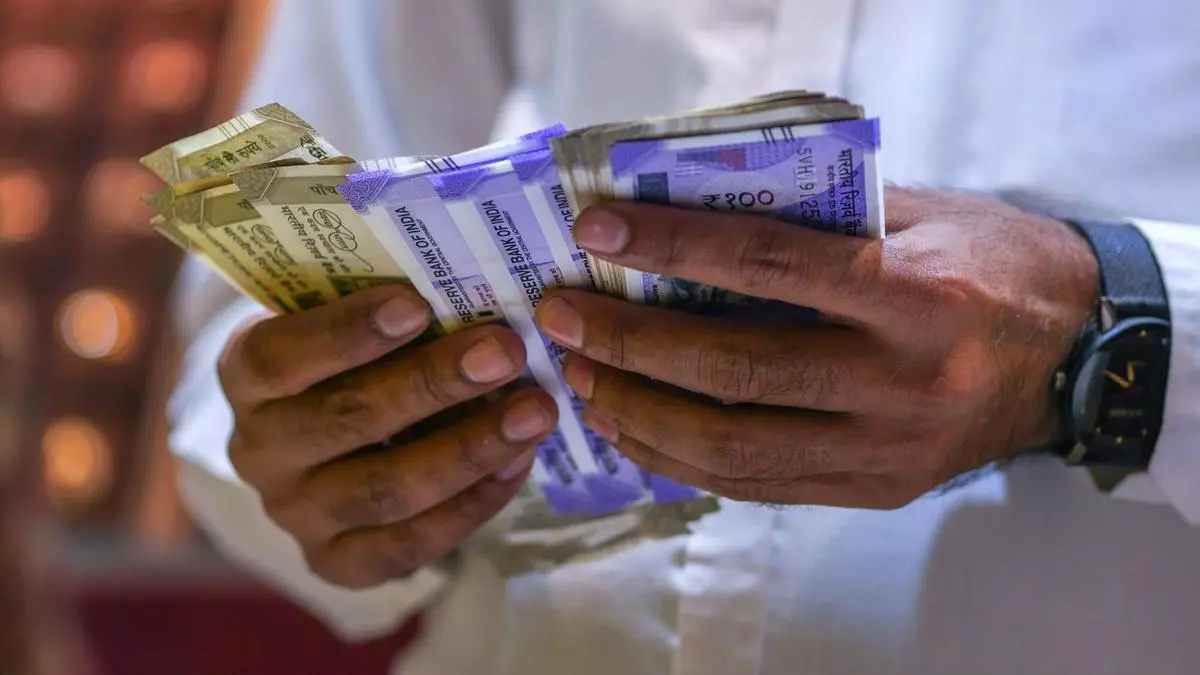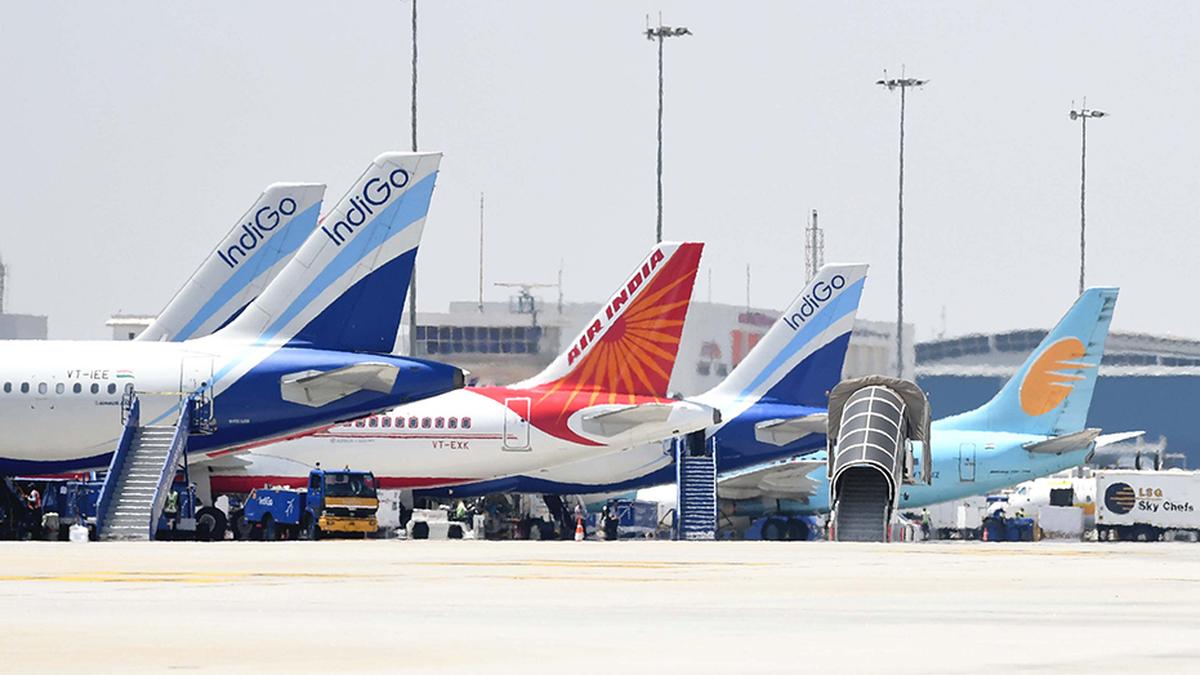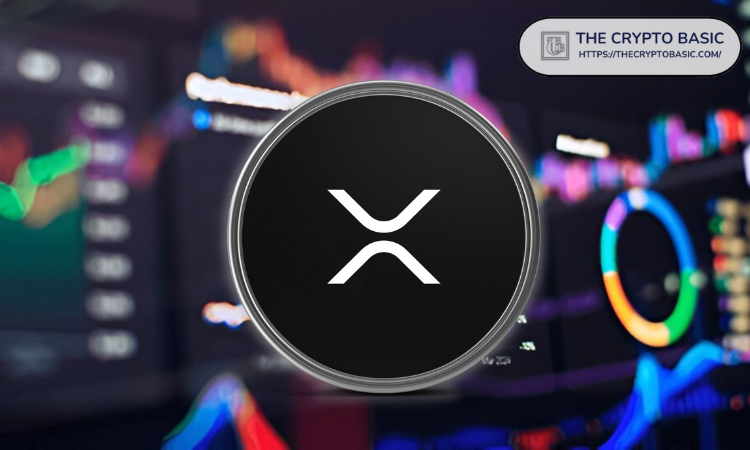In the last few years, Rahul Gandhi has been transformed. He is no longer a namby-pamby baba log type. Instead, he is now an aggressive T-shirt wearing macho man. He talks aggressively and last week he even behaved aggressively while trying to enter Parliament.
The transformation hasn’t helped much. His party still keeps losing elections to the BJP of course, but also to other much smaller parties.
To be sure there was that bump from 54 seats in the Lok Sabha in 2019 to 99 in the general election this year. But that was on the back of a massive lie that the BJP would end reservation if it gained a majority. It proved the dictum that the bigger the lie, the more likely it is to be believed.
But there’s a problem. Rahul can’t claim credit for a lie. And all his political partners know it. Not just them but even his own party knows it.
These two facts — losing elections and being unable to claim credit for a successful strategy — have resulted in a general consensus that he needs to retire from politics. It’s this pressure that he has to fight between now and the next general election.
Hence my question: who is he really fighting with all this posturing, the BJP or his own party and its allies? Few people realise that for a political leader the danger from within is constant, while the danger from without is periodic at election time.
No big leader, not even Modi, is immune. Just look at the history, and see the response of the leaders in question.
Always turn left
Jawaharlal Nehru until 1956 was under pressure from the conservative elements in his party. So what did he do? He turned the Indian economy into a socialist laboratory. All major industrial investment would be by the government. And many big businesses would be nationalised.
Indira Gandhi did exactly the same thing. In 1969 she nationalised 14 private banks and split the Congress when she was threatened by the older, conservative seniors of the party.
It was the Konstas approach, if you like. Take the battle to the opponent.
In 1987 Rajiv Gandhi followed the playbook when he came under fire from VP Singh and Co. He abandoned reform and went seriously populist with his 1988 Budget and started running up even larger deficits.
Sonia Gandhi had learnt her lesson well. She started off like the CPM had after coming to power in 1977 in Bengal. The focus was on distribution. MNREGA was the result.
It halted the party’s decline for a decade. Manmohan Singh opposed it but was firmly overruled.
Narendra Modi hasn’t really been an exception. Aware that there were opponents within the BJP, he has taken populism to a different level.
But he has made sure it’s properly targeted in order to get a bigger bang per buck. Except for the free food to 800 million people, populism is not a broad spectrum antibiotic for him.
Rahul’s turn
This has created a problem for Rahul. He can’t outdo Mr Modi on these lollipops meant for the voters. So he has been advised to look for something that will make the BJP hop.
And that something is caste because the number of non-upper castes now hugely outnumbers the upper castes. Hence the demand for a caste census. This was always the case but now power in the parties has shifted away from the upper castes. Also there is the problem of entitlements for the subcastes, or jatis. Those have also grown in number and have become politically important.
So Rahul has had no option but to grasp this caste life line. And he has made very good use of it. Gone is the ‘rich are getting richer, poor are getting poorer’ rhetoric. Gone is the concern over incomes.
It’s now entirely about entitlements based on caste and transferring the ‘Islam is in danger’ strategy of Jinnah to ‘you will be crushed’ rumours.
This, thinks Rahul, will make him invulnerable to attack from within his own party. But for that to happen he has to win at least one election on his own, not fall short by 172 seats.
Otherwise, his party and his sponsors, who are aware of his several vulnerabilities, will replace him. Or the party will split. Only Sonia Gandhi is slowing down the rapid melting of the glue.
Politicians, after all, are in it to make money and they can’t afford to be out of power for such long periods of time.







Leave a Comment